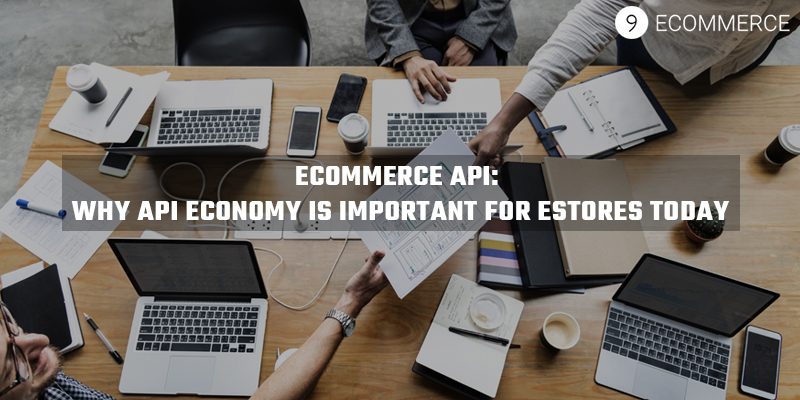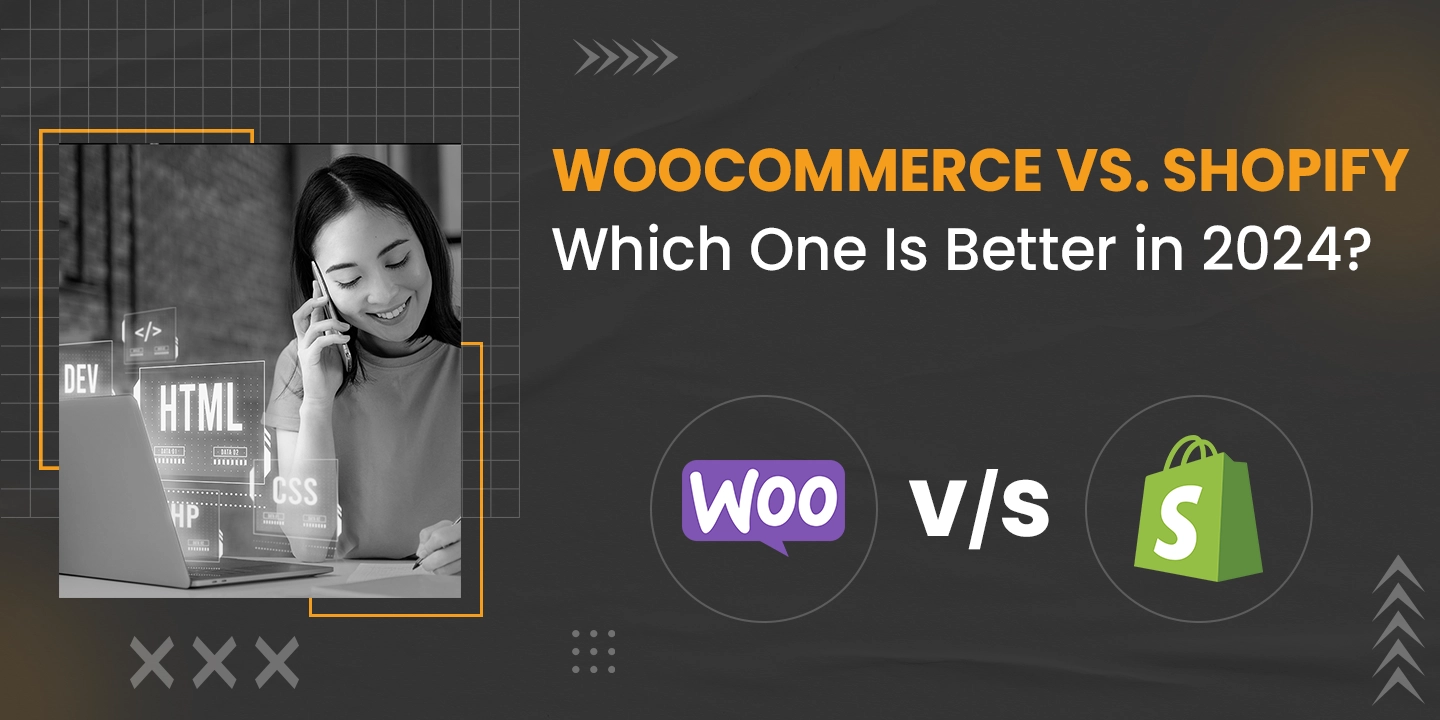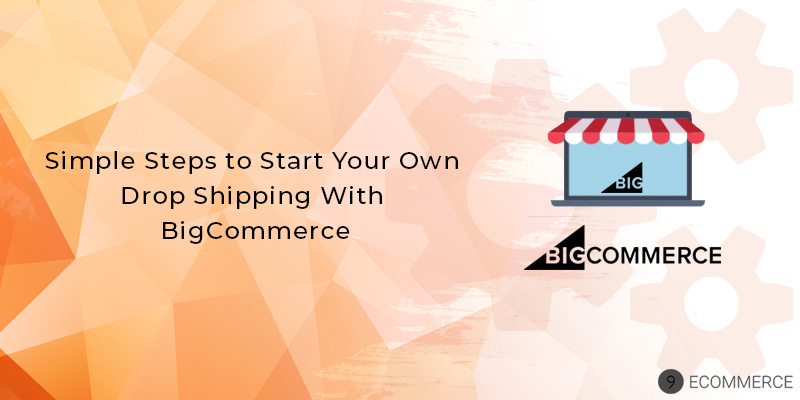eCommerce API: Why API Economy is Important for eStores Today

Want to order a grocery item to stock your empty refrigerator, or want to buy a T-shirt for your favorite soccer match in the city, or just want to book a table at a famous restaurant as you have a blind date today, get them done all just at your fingertips. Well, you know how you do that. Obviously, at the touch of your smartphone screen you carry out ‘N’ number of things, not only meeting your requirements but also setting forward plans to live your dreams.
And more such things are possible due to the advancement in API economy which has definitely impacted the way eCommerce businesses are moving forward today.
Dumbstruck about APIs, don’t be, as only few people are acquainted with the term. Though APIs may sound complicated, they’re not. If you know best to leverage the potential of these powerful business drivers, you can gain an edge over increased productivity, cost savings and rapid innovation.
APIs are like the support systems for the eCommerce businesses and pave the way to the successful digital transformation, with a transition from monolithic IT systems towards microservices architectures that are straightforward, reliable, and agile.
Smartphones using smart technology interact with us providing us all the required details we want leveraging the best of the user interface. And using our senses we try to understand and decode what is presented to us. As the user interface is for users, similarly, API – application programming interface is the same thing, but for machines. The major difference is it is especially for machines, in a layman style, the APIs help systems to communicate with each other effectively.
As computers cannot communicate as humans, they need a varied kind of interface where they can share information. Depending on their usage and development, they are differentiated among two sections – PROVIDERS and CONSUMERS.
What are API Providers?
As the name goes, API providers are the ones who offer APIs. Picking up a distinctive functionality within an app, website or a company’s IT infrastructure, they turn it into service. This is then posted on the developer portal for their support providing all the required reference documents, files and downloads that can assist in making the API work. There are certain reliable BigCommerce API development companies that normally provide such support services.
What about API Consumers?
On the opposite edge, API consumers are ones who use APIs. They simply build applications and later install APIs within them. For e.g., you want a payment functionality into your eCommerce app. You may crumble down like building the one rather you can leverage the best of payment gateway applications just by a simple code. Normally, Bigcommerce app development agencies fall into this section.
Wondering! How do API providers and API consumers work together?
On a single platform commonly called a Contract, which acts mostly as an electric socket, both providers and consumers carry out the complete in and out process. However, let us first see different APIs. With core APIs highly beneficial for Magento custom application development, the basic two distinct APIs are
Public APIs
APIs available to general use – the public is generally referred to as Public APIs. Normally, these are the ones that we use numerous times a day such as from booking flights to checking the weather, updating Facebook to checking the latest scores. These are just a few popular APIs from the huge gamut out there on the web.
Private APIs
Private APIs are the ones that are quite specific and useful from a business viewpoint. Usually, eCommerce developers build them for their customers who quote for customized solutions. Most of the eCommerce estores are up with private APIs. Surprisingly, Shopify app development services primarily work on customized APIs for unique business needs.
With web APIs the most common, they are further differentiated according to their architecture, which is more of a technicality, which we will learn further. However, let us quickly get enlightened on API economy.
What is API Economy?
The API economy is nothing but an environment where all APIs – API providers, API consumers connect, network and work via the internet.
As mentioned above the varied architectures of Web APIs, here come from the two major ones.
Monolithic and Microservices architectures exist in the eCommerce ecosystem.
Four major differences between Monolithics & Microservices
- Monolithics
- Quite complicated
- More Agile
- Unscalable
- Slow to Process
- Not Agile
- Microservices
- Easily manageable
- Resilient
- Powerful and scalable
Have not yet joined the league of microservices, most of the eCommerce companies are still working on Monolithic IT architectures which fall back due to a lot of loopholes and inefficacy.
They are usually messed up, tangled, over-stressed and chaotic. They run through dead-pools with overlapped services, making it the worst option.
Microservices, on the other hand, has a pile of benefits with cloud technology as its base. Figuratively, Monolithics are disassembled into a compilation of independent services that are deployed, developed and maintained uniquely providing a clear picturesque.
What Makes Monolithics less preferable?
Complicated Processes
Like a whirlpool of dust, it is too murky with complicated coding that no single ecommerce developer or a group of Bigcommerce app development agencies can understand its complete structure. When some issue arises, they exist till the end, with nobody able to dissolve it.
Inexpansible
With evolving trends and requirements, ecommerce businesses need to scale higher, with their IT systems required to grow simultaneously. However, monolithic architectures fail in scaling due to conflicting resource requirements on various modules.
Slower
Massive ships take time to sail and so as immense structures of monolithics that take time to change. In a case of sudden change, or in a scene of adversity, the architecture fails for even a subtle change leading to disaster.
Lacks Agility
In the eCommerce world, companies are constantly changing and evolving to meet the various needs of customers and in such situations, monolithic architecture turns out to be a huge burden with no agility. Usually, innovating and changing is a bit slower, stressful and more of a torture.
On the contrary, microservices take away much of the limitations and provides upper hand overcoming the shortcomings.
Let us see why microservices are at higher benefits.
Scalable
With varied services on various independent nodes, specific service is easier to scale up or down as required without any massive changes in the whole architecture.
Simple and Manageable
Structure segregated into smaller chunks makes it manageable and easily understood by a group of shopify/magento/Bigcommerce developers or outsourced completely to eCommerce Application Development Company, reducing the cost of both infrastructure and staff. Big thanks to SLAs.
Resilient
Simplifying IT systems and structures lead to greater stability. Failure at a single point can be easily noticed and rectified before it damages the whole system.
Agile
When it comes to integrating a new system, feature or functionality, microservice architecture is hassle-free, flexible, and simple. Just in few days a product or feature can be created without wasting months.
eCommerce API Economy – How Do APIs Make Money for You
In the present scenario with new technologies growing, API economy brings in a catalytic change in eCommerce and ignoring them is like pouring out profits directly to your competitors.
Streamlining the various IT systems and nixing various smaller modules, and restructuring and rebuilding using microservices, you can once again start fresh regaining more than before harnessing the potential of various tools available.
Putting things aside, let’s see the various benefits of microservices in an API economy that help you make more money
- Savings money on staff and infrastructure
- Stable and reliable
- Meets deadline and nix downtime to market
- Allows to partner with other companies
- Complete hawk’s eye view of your consumers and their behavior
- Little time to acquire and integrate with other systems
Scanning the overall picturesque of API economy, you can sense what huge returns you can garner leveraging their latent potent and if you are looking for undulating assistance for utilizing the best of the the eCommerce API economy, BigCommerce custom app development agency can be your best partner.


